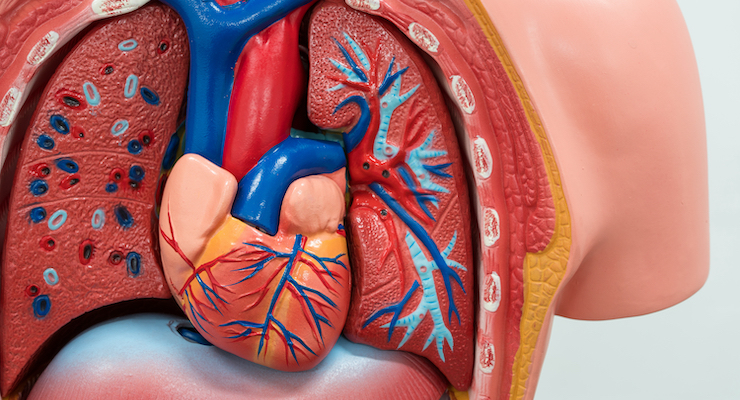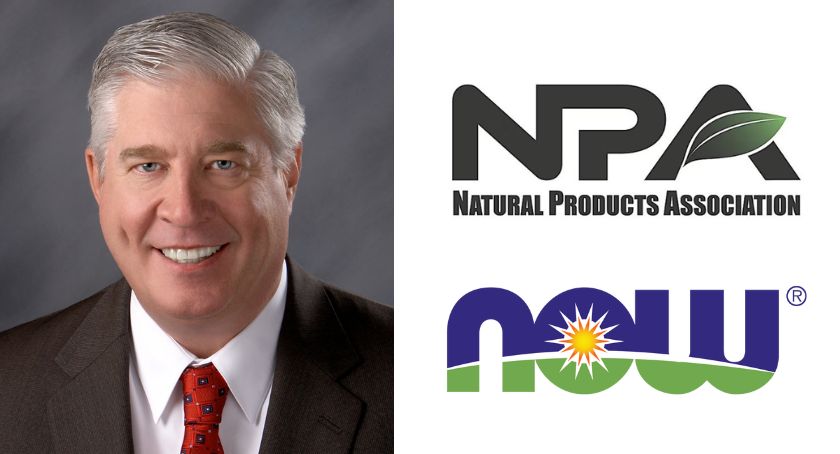Market Updates, Research
CoQ10 and D-Ribose Being Investigated in NIH-funded Heart Failure Study
A manuscript highlights the role that these nutrients may play in mitochondrial function of heart cells at risk of dying.

By: Mike Montemarano

An ongoing NIH-funded study which will be published in the Annals of Medicine and Surgery Journal, is investigating the outcomes in patients suffering from heart failure with preserved ejection fraction (HFpEF) who are supplementing with a either combination of CoQ10 in the form of ubiquinol and D-ribose, a simple sugar from which RNA is built, only one of the ingredients, or placebo. The trial is slated for completion by March of next year.
HFpEF is a condition where the heart begins to lose capacity to conduct electricity and cells in the heart begin to die, reducing the ejection fraction, which is the amount of blood squeezed out of the left ventricle into systemic circulation. Approximately 6.5 million Americans have heart failure, which is projected to increase to 8 million by the year 2030. Approximately half of all heart failure patients also suffer from the complication of ejection fraction reductions.
According to the researchers, CoQ10 in the form of ubiquinol could help benefit mitochondrial function, and its antioxidant properties may assist in the body’s ability to produce ATP, an essential component in the production of energy for mitochondria. D-ribose, a monosaccharide naturally produced within the body is a critical part of DNA and, likewise, is essential for ATP production. Both of these ingredients have been investigated by several research teams in their potential benefit in cardiac functions.
The authors of the review are currently running a double-blinded clinical trial which is investigating benefits of 300 mg of ubiquinol twice daily on HFpEF patients, and/or 15 g of D-ribose over 12 weeks versus placebo.
“Mitochondrial dysfunction appears to play a significant role in the pathophysiologic processes of this clinical syndrome,” the paper’s authors said. “Improved methods of diagnosis for HFpEF are needed, as are specific effective therapies. Active ongoing research into the roles of ubiquinol and D-ribose in HFpEF may provide clinicians with additional management opportunities.”
Ribose Experts Weigh in
Bioenergy Life Science (BLS), the makers of a ribose energy ingredient, discussed the prospect of this clinical trial. The company points out that D-ribose, with a short half life of 20 minutes, may accelerate the absorption of ubiquinol, which has a 6.5 hour half life.
Those speaking for the company believe there is reason to be optimistic that the clinical trial will show a synergistic benefit, in which the most significantly positive results will be seen in patients supplementing with a combination of the two ingredients.
“We predict a good outcome for this study,” Michael Crabtree, ND, BLS director of scientific affairs and technology, said. “This news is already significant to the heart health category at a time when interest in conservative approaches to managing heart health is building. In addition to its ubiquinol synergies with respect to ATP production, d-ribose supports the pliability of the aortic tunnel, helping it to relax after the heart pulses which provides for greater ejection fraction.”
Extensive research has been conducted into ingredients such as CoQ10, D-ribose, and the amino acid L-carnitine since the 1990s, BLS executive vice president and chief scientific officer Alex Xue, PhD, said. “However, little has been done to study these ingredients in combination. This University of Kansas study is a formal clinical trial examining the combination of d-ribose and ubiquinol in heart failure patients.”
BLS’ original patent for its d-ribose ingredient was for its apparent benefits to the mitochondrial function of heart tissue, before the company began marketing its ingredient for exercise, sports performance, and other areas based on further research.




















